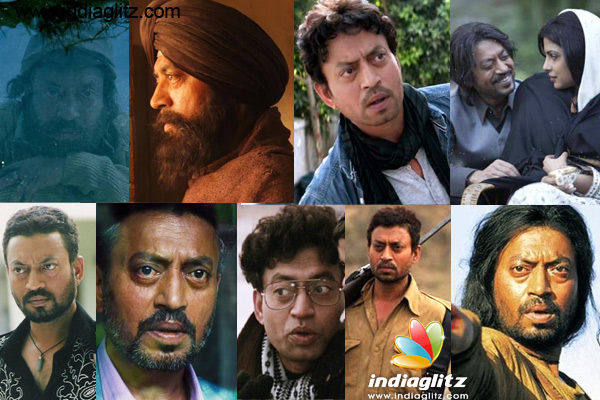यह कविता भारत एवं विश्व में एक विख्यात कलाकार, श्री इरफ़ान खान जी को, जिन्हे हम ने कुछ वर्ष पहले खो दिया, एवं उनके अभिनय के लिए समर्पित है।
रूपहले परदे पे छाप थी जिसकी,
अनगिनत ही एक परिमाप थी जिसकी,
जिसने था सबको ही कायल बनाया,
जीने का हर फ़लसफ़ा था दिखाया,
वो फ़नकार क्यों अलविदा कह गया।
वो फ़नकार क्यों अलविदा कह गया।
नाटक हो या हो छोटा परदा,
उसने है सबको भावुक बनाया।
कभी गुदगुदाया,
कभी था रुलाया।
अभिनय भी ऐसा कि क्या भूल पाएं,
ताली औरआँसू कभी रुक न पाएं।
उसकी चमक भी कोई क्या छुपाये,
जब पश्चिम में भी उसने परचम लहराया।
हो 'मक़बूल', 'हैदर', 'चंद्रकांता' या 'हासिल',
उसका हुनर था तारीफ़ के काबिल।
कभी बाग़ी बनके बन्दूक थामी,
कभी वो दरोगा, कभी छात्र नेता।
कभी था वो क़ातिल, कभी मसखरा था ,
हर किरदार में वो हमेशा खरा था।
वो बहरूपिया अब कहाँ रुक गया ,
वो फ़नकार क्यों अलविदा कह गया।



















